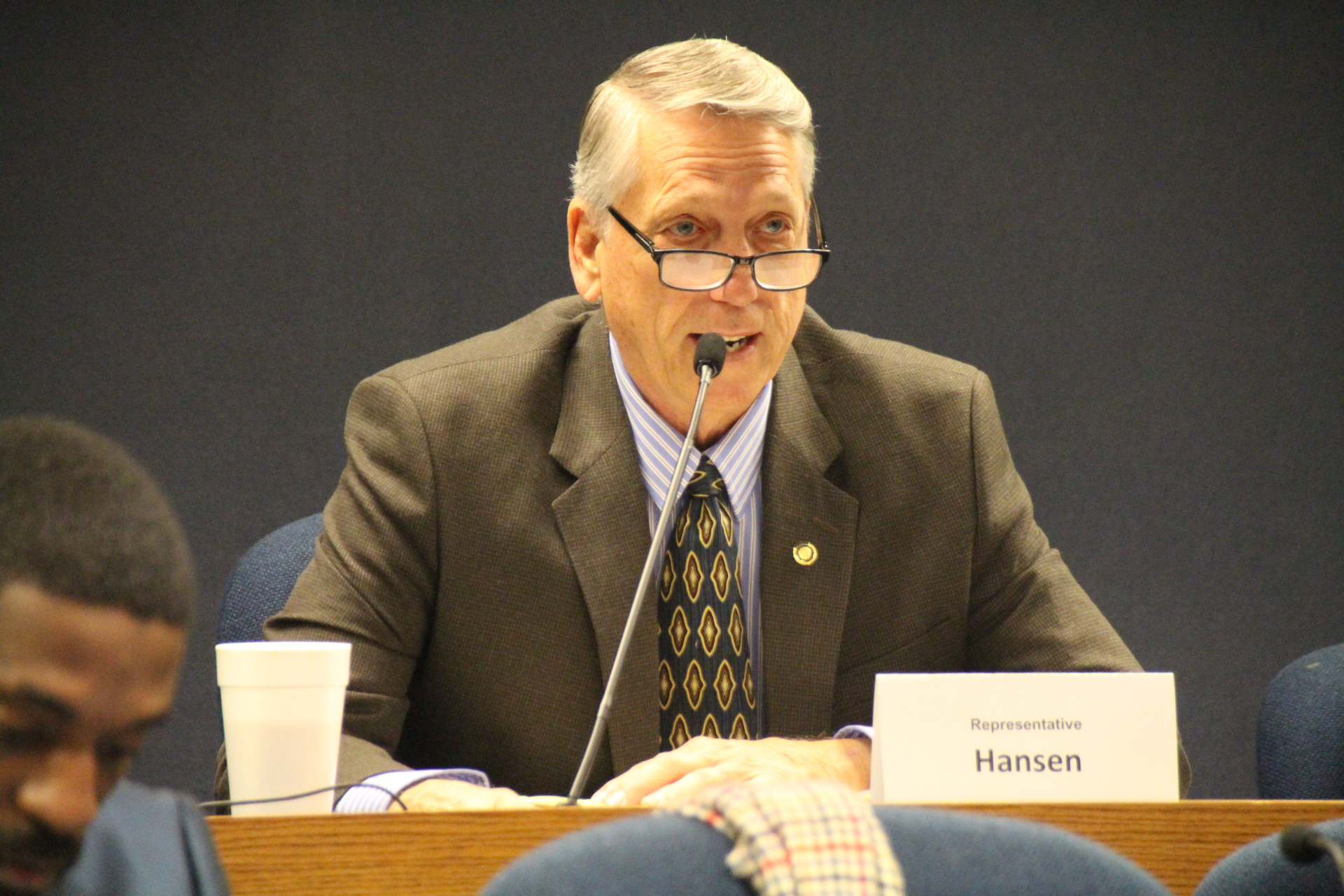JEFFERSON CITY, Mo. — A Senate committee advanced a House eminent domain bill — which would be greatly detrimental to the Grain Belt Clean Line project — Monday afternoon.
The Commerce, Consumer Protection, Energy and the Environment Committee voted 6-5, with a technical amendment, to advance the legislation. HB 1062, sponsored by Rep. Jim Hansen, would limit private companies’ ability to use eminent domain to construct above-ground merchant lines.
All Democrats on the committee voted against the bill and were joined by Republican Sens. Ed Emery and Bill White.
As proposed, the Grain Belt project would develop an overhead and direct transmission line spanning approximately 780 miles delivering wind energy from western Kansas to utilities and consumers in Missouri and other states. It would extend through eight Missouri counties: Buchanan, Clinton, Caldwell, Carrol, Chariton, Monroe, Randolph, and Ralls.
The Public Service Commission (PSC) has already given the green light for the Grain Belt project.
“This is probably one of the toughest bills that I’ve heard since I’ve been in the legislature because I could argue both points,” Sen. Wayne Wallingford, the committee’s Republican chairman, told The Missouri Times.
Wallingford said he supported what the Grain Belt project “is trying to do, but now you have to understand individual property owners’ concerns.”
“We’re trying to balance two good things — in my mind — and see which one ends up being the best for the state of Missouri.”
“We’re trying to balance two good things — in my mind — and see which one ends up being the best for the state of Missouri,” he said.
And on Monday, the committee decided in a close vote that property rights won out as the best interest for the state.
“The bill is vital to protect the private property rights of all Missourians from eminent domain abuse,” Hansen told The Missouri Times, thanking the Senate committee for advancing his bill. “I look forward to continuing to work with my constituents, fellow representatives, and senators to ensure the bill receives the support and attention it needs to pass on from the Missouri Senate and make its way to Governor Parson’s desk.”
The House passed Hansen’s bill last month, and the PSC unanimously approved a certificate of convenience and necessity for the project in March.
James Owen, executive director of Renew Missouri, previously dismissed the eminent domain legislation as a tactic that will only “add to the litigation that’s been attempting to halt this job-creating project for five years.”
“Ultimately, it won’t stop for many reasons, but leaders think this frivolous legislation will score points with some noisy constituents,” he told The Missouri Times. “So it’s another hurdle to creating jobs and bringing low-cost energy to Missouri. Disappointing, but misguided.”
Last week, the Missouri Public Utility Alliance (MPUA), which has advocated on behalf of the Grain Belt project, sent a letter to the Missouri Senate urging lawmakers to oppose HB 1062.
“The Grain Belt Express project represents a rare opportunity for local businesses, residents, and property owners to jointly benefit, while creating a much-needed investment in the state’s infrastructure for low-cost energy,” the letter states. “Missouri may never see another opportunity with the merits and advantages of the Grain Belt Express project.”

Kaitlyn Schallhorn was the editor in chief of The Missouri Times from 2020-2022. She joined the newspaper in early 2019 after working as a reporter for Fox News in New York City.
Throughout her career, Kaitlyn has covered political campaigns across the U.S., including the 2016 presidential election, and humanitarian aid efforts in Africa and the Middle East.
She is a native of Missouri who studied journalism at Winthrop University in South Carolina. She is also an alumna of the National Journalism Center in Washington, D.C.
Contact Kaitlyn at kaitlyn@themissouritimes.com.











